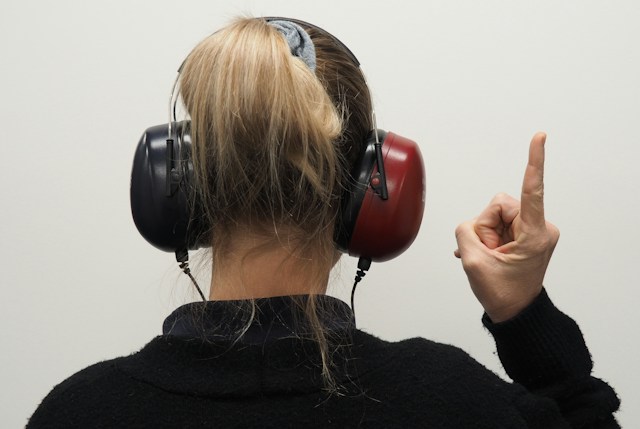Hearing is an integral part of our daily lives, connecting us to the world around us. Unfortunately, many people neglect the importance of regular hearing check-ups until noticeable issues arise. This article aims to show you what to expect when you book a hearing test privately, emphasizing its significance in maintaining auditory health. By opting for a private hearing test, individuals can benefit from a comprehensive assessment that goes beyond the basic hearing tests obtained through the National Health Service (NHS).
Let’s delve into what happens during a private hearing test and why this route is often considered a superior option. Here’s what you can expect:
Table of Contents
1. Hearing History:
When you choose to undergo a private hearing test, the journey begins with a detailed exploration of your hearing history. When you recently noticed the signs of hearing loss, if you suffered a fall, or have a family history of auditory issues, the audiologist will gather crucial information to understand the context of your situation. This thorough examination sets the foundation for a personalized approach to your hearing care.
2. An Ear Check:
After a detailed history of your hearing has been obtained, your audiologist will then proceed with an ear assessment. What usually happens here is they’ll check the health of your ear canals for infections and blockages of wax that could cause a form of hearing loss. If both cases are ruled out, you will proceed to the next step, which is the hearing test itself. But if there is a case of an infection, treatment options would be made available to you, and if there is a blockage of wax, your audiologist would go ahead and clear that out.
3. Pure Tone Audiometry:
One of the primary components of a private hearing test is the Pure Tone Audiometry, which is fun, in my opinion. This involves you wearing headphones and listening to various tones and bits. During the test, your audiologist will instruct you to press a button whenever you hear a sound. The purpose is to identify the quietest sounds you can hear, allowing the audiologist to determine the extent of your hearing loss accurately. This step ensures precision in diagnosing and addressing your specific needs.
4. Audiogram Result:
The outcome of the Pure Tone Audiometry is shown in a graph called an audiogram, which is a visual representation of your hearing levels and thresholds. This graph provides the audiologist with a comprehensive overview of the degree of your hearing loss. By analyzing the audiogram, the professional can tailor their approach, ensuring that any recommended interventions align with your unique auditory profile.
5. Tympanometry Test:
In some cases, the audiologist may recommend a tympanometry test based on the audiogram results. This non-invasive examination checks the pressure in your middle ears, confirming their overall health. Understanding the condition of your middle ears is crucial for a comprehensive assessment, enabling the audiologist to address any potential issues that may contribute to hearing impairment.
6. Speech in Noise Test:
Private hearing tests often include a Speech in Noise Test to evaluate your ability to hear in challenging environments. This test simulates real-world scenarios with pre-recorded sounds and sentences played through your headphones. Assessing your hearing amidst background noise, such as in bustling restaurants or crowded streets, helps the audiologist tailor recommendations that suit your lifestyle and environment.
7. Results and Diagnosis:
Following the series of tests, the audiologist will present your results in an easily understandable manner, explaining the audiogram and what it means for your hearing health. If your hearing is within the normal range, you may be discharged with the reassurance of good auditory health. However, if the tests reveal a hearing impairment, the audiologist will discuss treatment or management options with you. This may include the consideration of hearing aids, lifestyle adjustments, or other interventions tailored to your specific needs.
Why Choose a Private Route?
Early detection is key, and private hearing tests offer several advantages over traditional channels:
- Faster Appointments: Avoid lengthy waitlists and schedule your test at your convenience.
- Personalized Attention: Receive dedicated time with a qualified audiologist who focuses solely on your needs.
- Advanced Technology: Access cutting-edge equipment for a comprehensive and accurate assessment.
- Flexible Options: Choose from a variety of test packages tailored to your concerns.
Conclusion:
Hearing loss affects millions globally, often creeping up unnoticed until communication becomes strained. Private hearing tests offer a convenient and personalized experience, empowering you to take control of your hearing health. Remember, early detection and intervention are crucial for preserving your hearing and maintaining an active, fulfilling life. So, if you suspect any hearing challenges, don’t hesitate to prioritize this important step. Your clearer future awaits!
Featured Photo by Mark Paton on Unsplash




